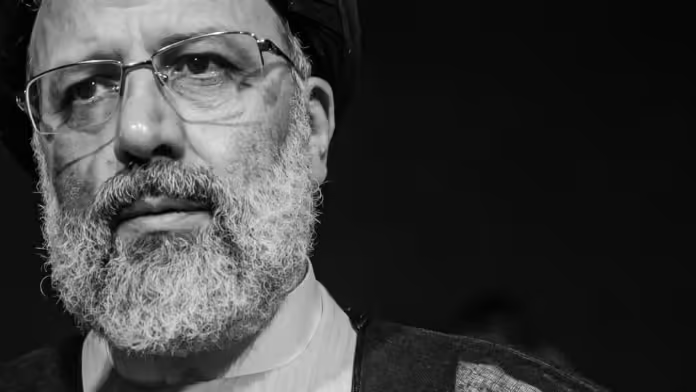The tragic death of Iranian President Ebrahim Raisi has left the nation and the world in a state of shock and uncertainty. As details surrounding the helicopter crash that claimed his life remain unclear, Iran now faces a critical juncture. The implications of Raisi’s untimely death are vast, touching on political, social, and international levels. What happens next?

The Immediate Aftermath
President Ebrahim Raisi’s death was confirmed following the crash of his helicopter in the rural and mountainous border region between Iran and Western Azerbaijan. Iranian state media reported that search-and-rescue efforts were severely hampered by nightfall, heavy fog, and rough weather, making the retrieval of Raisi’s body and the investigation into the crash particularly challenging.
Political Vacuum and Power Struggle
Raisi’s death creates an immediate political vacuum in Iran. As a hardline conservative and a close ally of Supreme Leader Ayatollah Ali Khamenei, Raisi’s leadership was crucial in maintaining the current regime’s stability. The succession plan for the presidency now becomes a matter of urgent concern.

Potential candidates from both conservative and reformist factions will likely vie for power. This could lead to intense political maneuvering and possibly even unrest as different factions attempt to assert their influence. The Supreme Leader’s role in appointing a successor will be pivotal in determining the country’s immediate political direction.
Domestic and International Reactions
Domestically, Raisi’s death could exacerbate existing tensions. Iran has been facing significant internal unrest, particularly following the protests over Mahsa Amini’s death and the government’s response. The loss of a key political figure like Raisi might further destabilize the situation, leading to more widespread demonstrations and possibly violent clashes.
Internationally, Raisi’s death may impact Iran’s foreign policy stance. Known for his hardline positions, especially regarding Iran’s nuclear program and relations with the West, his absence might lead to a shift in Iran’s diplomatic approach. Countries closely monitoring Iran, including the United States and Israel, will be keenly observing the developments to gauge any potential changes in Iran’s policies.
The Path Forward
In the short term, Iran’s government will need to stabilize the situation by quickly appointing an interim leader and setting a date for new elections. The selection process for a new president will be closely watched both domestically and internationally, as it will indicate the future direction of Iran’s political landscape.
The Iranian Revolutionary Guard Corps (IRGC) and other influential military and political bodies will play crucial roles in maintaining order and continuity during this transitional period. Their support or opposition to potential successors will significantly influence the outcome.
Conclusion
Ebrahim Raisi’s death marks a significant turning point for Iran. The nation now stands at a crossroads, with the potential for both significant upheaval and transformation. As the country navigates this critical period, the actions of its leaders and the reactions of its people will shape Iran’s future trajectory. The international community will be watching closely, ready to respond to any shifts in Iran’s internal and external policies.

